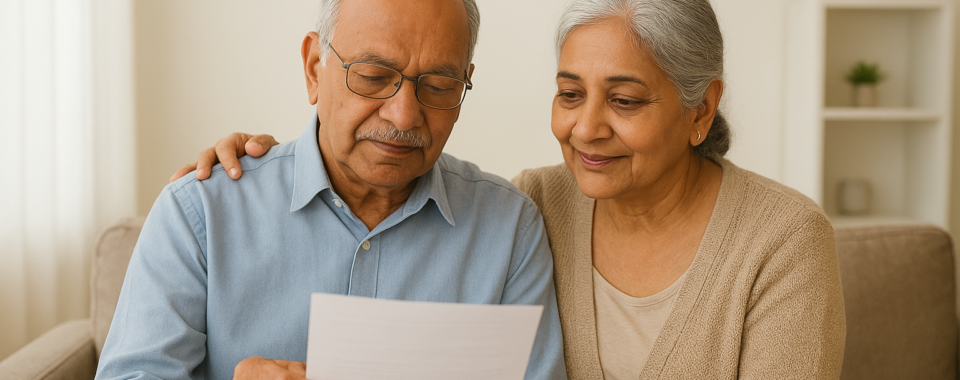
A few weeks ago, I came across a shocking real life story that has not left my mind since. It was about a 70-year-old rich woman who, despite having lived a comfortable life, died not because of the absence of money, but because of the absence of health insurance.
This woman, a mother of four and a widow for five years, was diagnosed with cancer at its final stage. She had wealth in her account. Her son was a successful businessman, her daughters married and settled. In fact, just three months before her diagnosis, she had spent lakhs of rupees to gift her grandson an education abroad. Yet, when it came to fighting for her life, she was denied the most basic human support—timely and committed medical care.
The reason? No health insurance.
Her son, a man who surely understood the language of profit and loss, calculated the cost of her treatment against her odds of survival. To him, spending large sums on a mother who had “only two months left” seemed like a wasteful investment. For her children, the price of treatment was greater than the value of her presence.
But here lies the deeper tragedy: this mother had once believed that her children were her insurance. She trusted that her years of sacrifice, care, and love would be repaid with dignity in her final moments. Instead, she was left with the bitter realization that her financial security and her children’s prosperity could not guarantee her protection when she needed it most.
This is where health insurance steps in—not just as a financial product, but as a safeguard of dignity, independence, and choice.
Many families, especially those who are financially well-off, dismiss health insurance as unnecessary. They believe their wealth can shield them from emergencies. Yet, wealth is not the same as willingness. Cash in the bank does not always translate into cash at the hospital. When families are forced to weigh “investment” against “emotion,” insurance removes the cruel calculation. It ensures that treatment decisions are driven by medical need, not by financial debates.
Health insurance is more than a policy—it is peace of mind. It is the assurance that you will not have to beg, compromise, or depend on others when your health falters. It is a promise that your life will not be measured against balance sheets in your weakest hour. Even for the middle class families who cannot afford the hefty medical bills, health insurance is important.
Health insurance is not just about bills and hospital forms. It is about independence. It is about never having to beg or expect children to choose between their comfort and your care. It is about giving yourself the right to treatment, even when others see you as a “bad investment.”
The question is not whether that elderly woman should have trusted her children—of course she should have, she raised them with love. When parents can spend everything—even sell their belongings—to save their child’s life, why can’t children do the same for their elderly parents? Sadly, many don’t. And so, the safest way forward—the only way to protect oneself in a world where priorities are shifting—is health insurance.
To the business families who feel insurance is useless: think again. Businesses thrive on risk management, and health is the greatest risk of all. The 70-year-old woman’s story is a cautionary tale, but it is also a call to action. Let us not wait until we—or someone we love—become a silent victim like that lady. Health insurance may not add years to life, but it can add dignity, choice, and hope to those years. Even teens can get health insurance. That said, health insurance should never be an excuse to indulge in drugs. Life is fragile, and no policy can save those who knowingly destroy themselves. Insurance is meant to protect, not to encourage carelessness.
– written by Prachi Gupta












